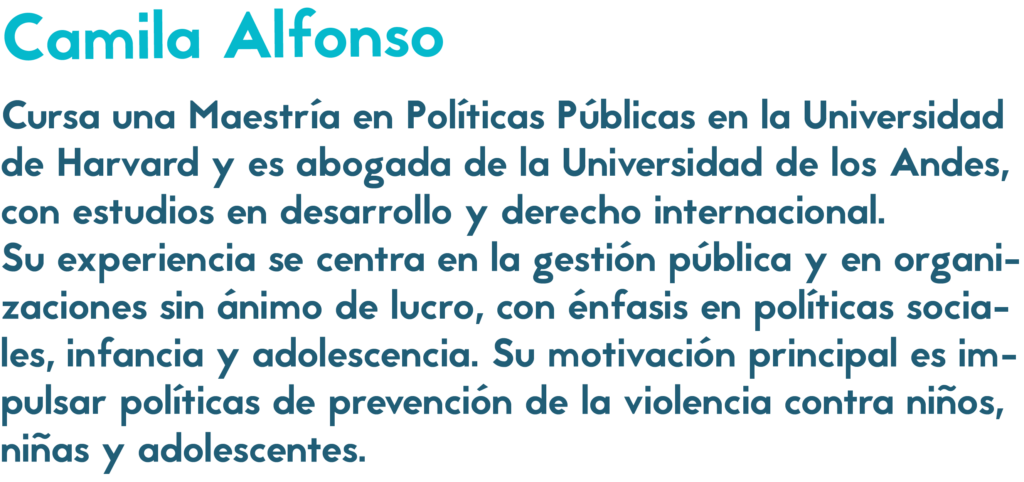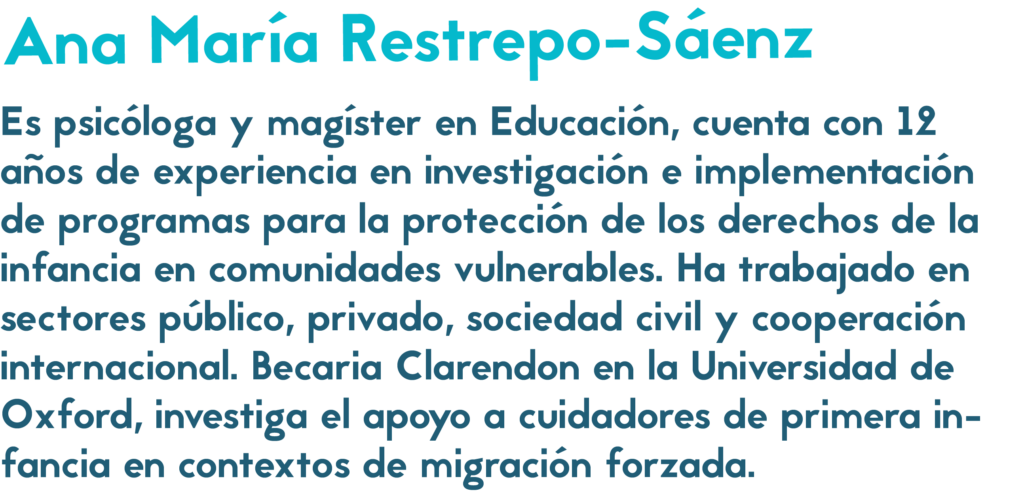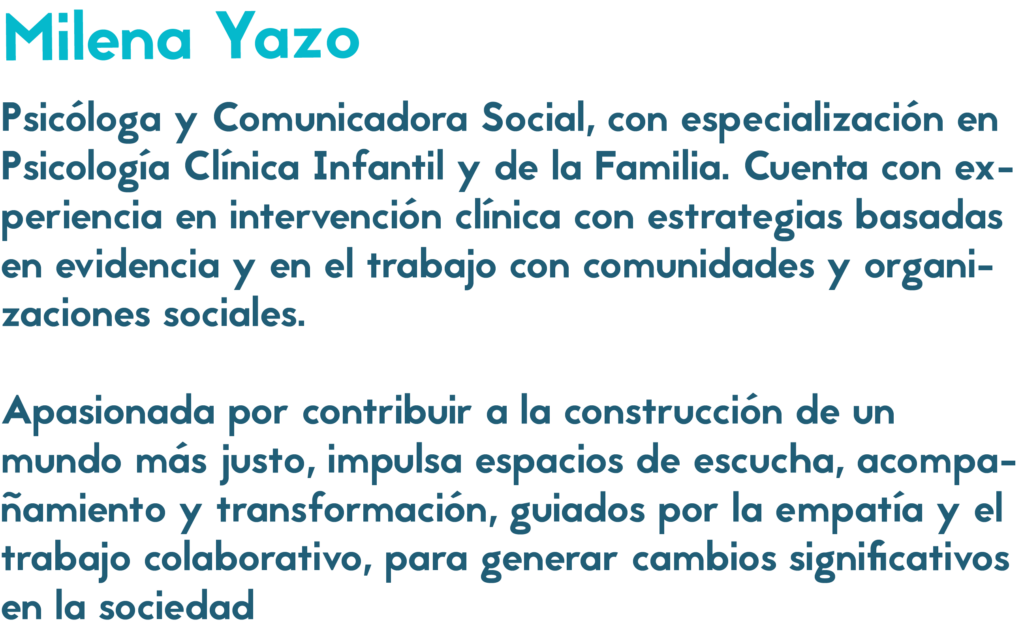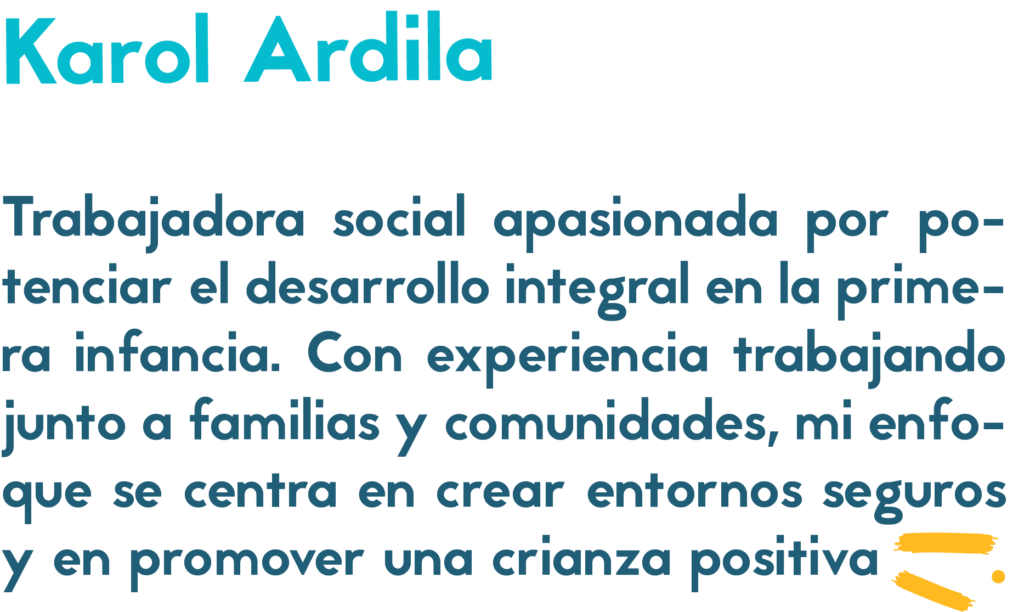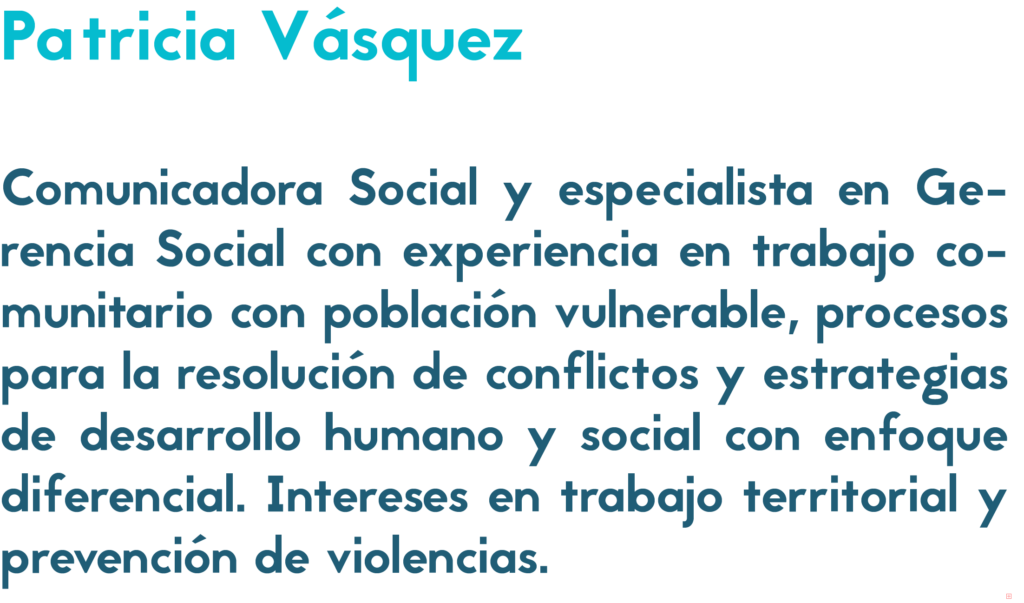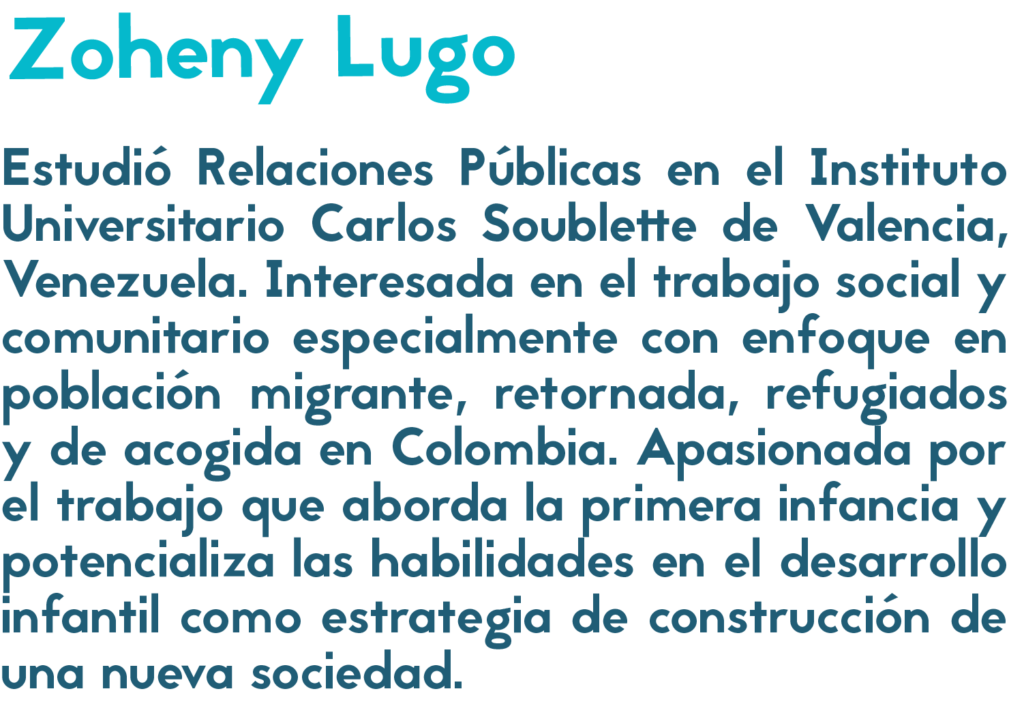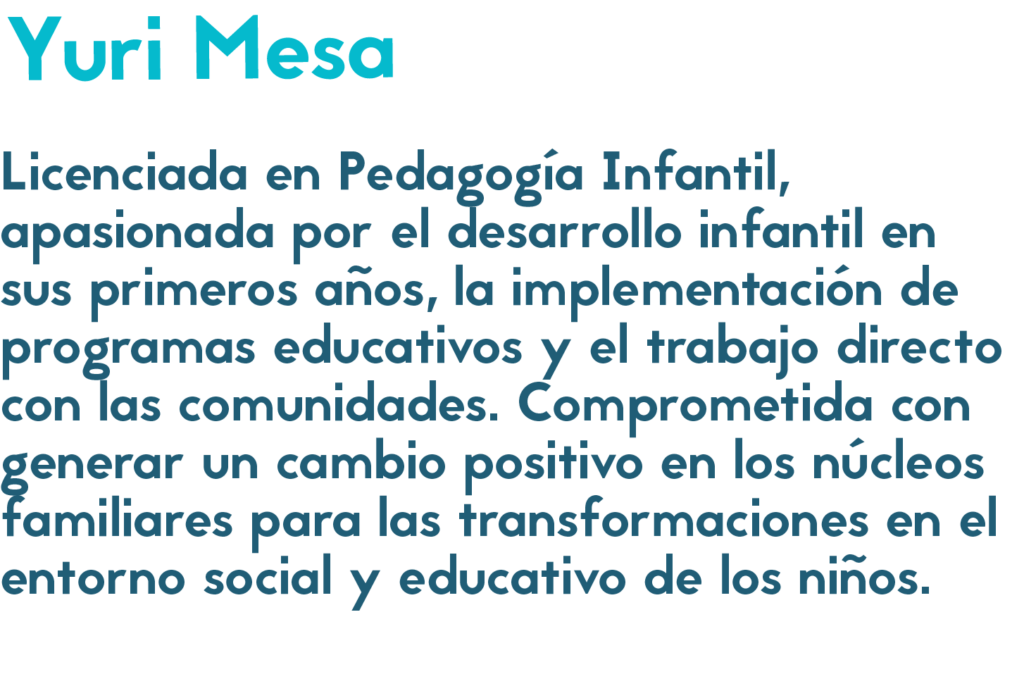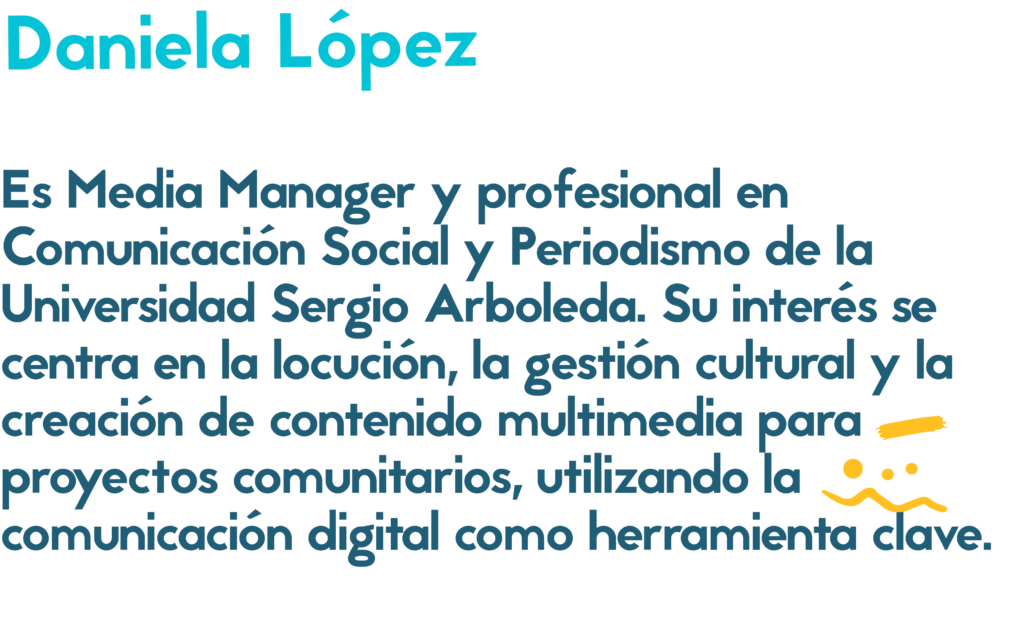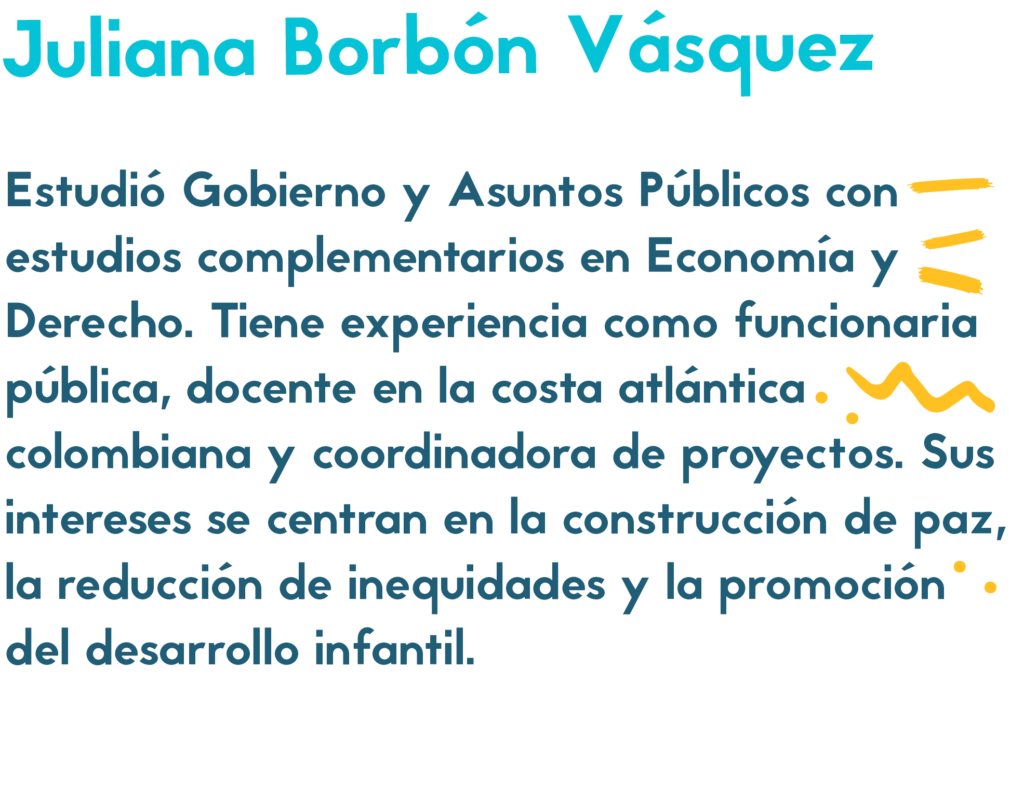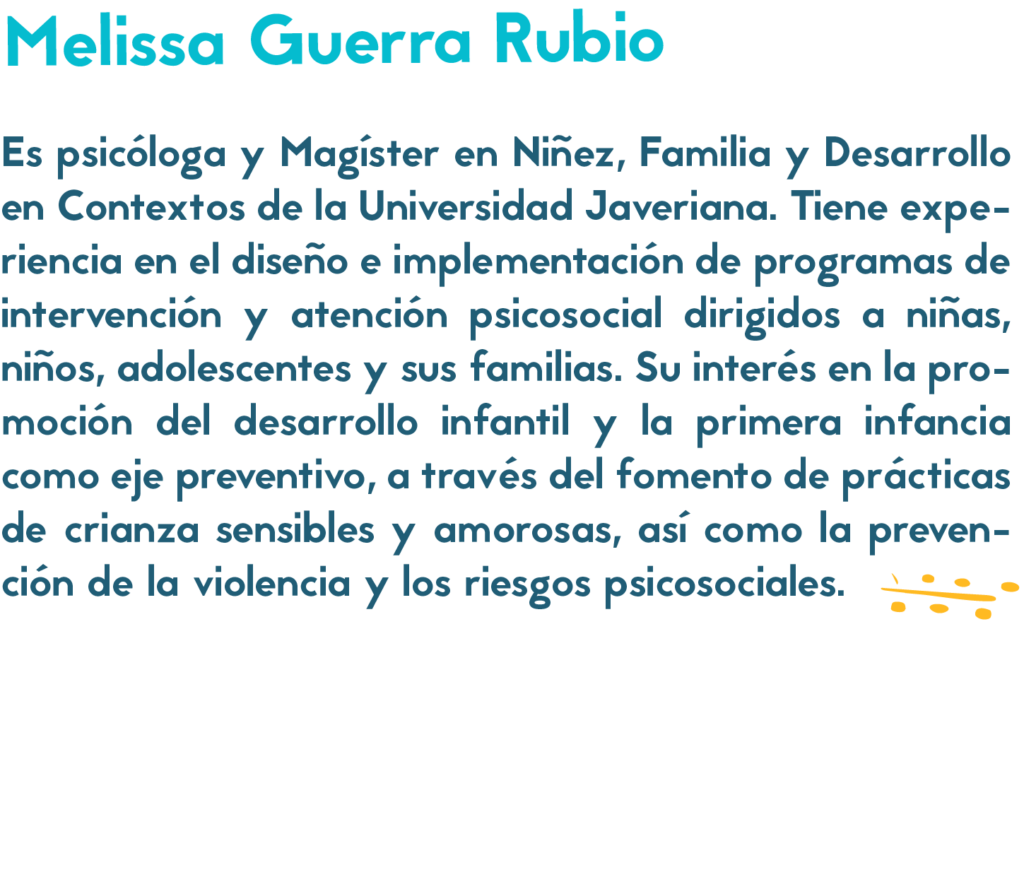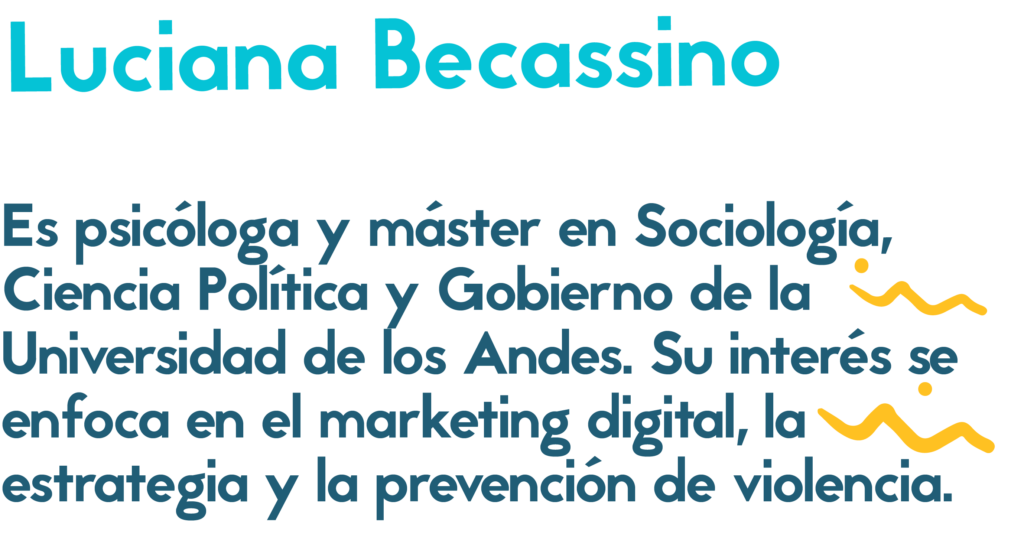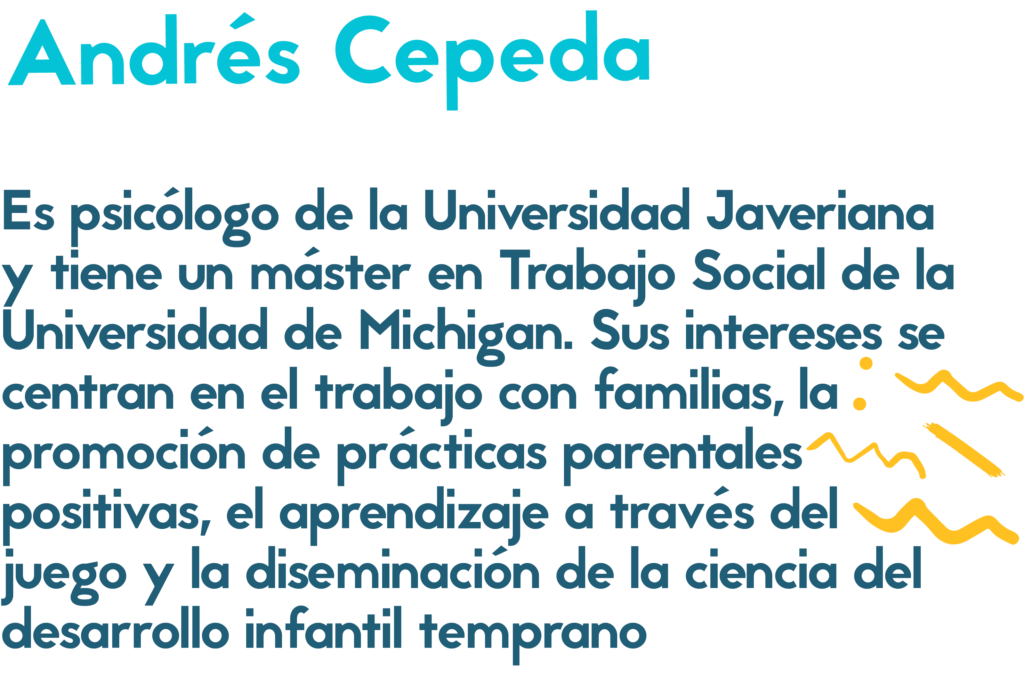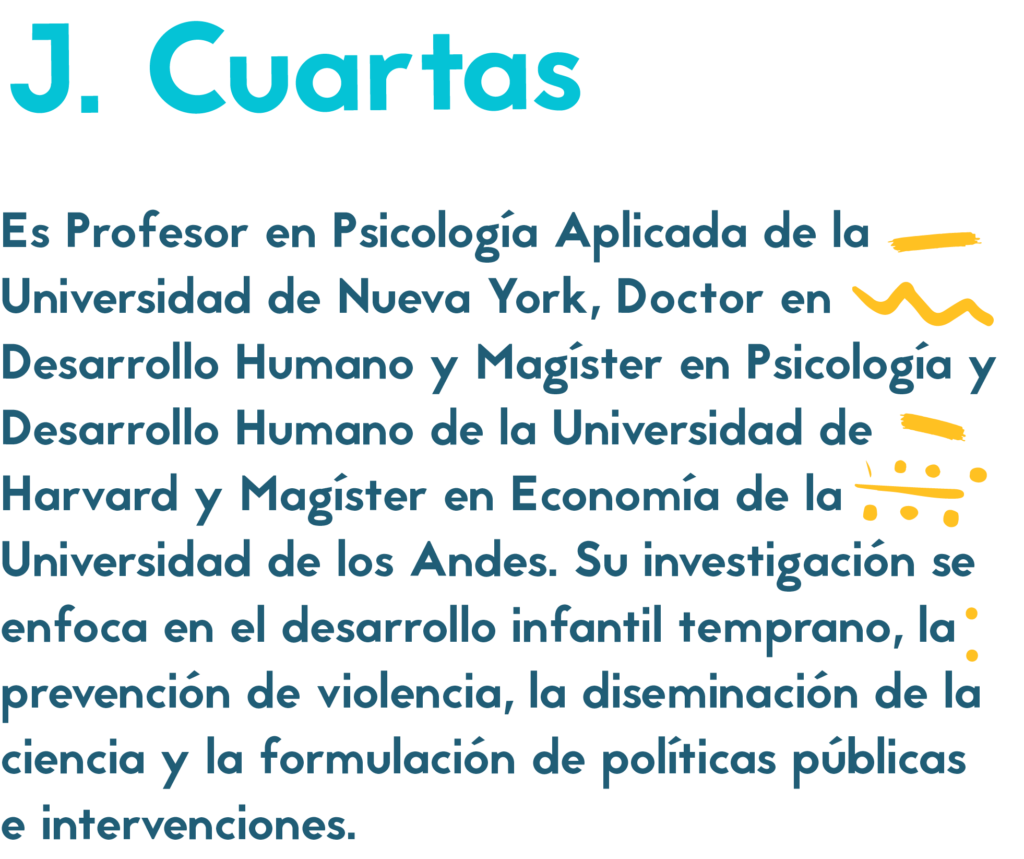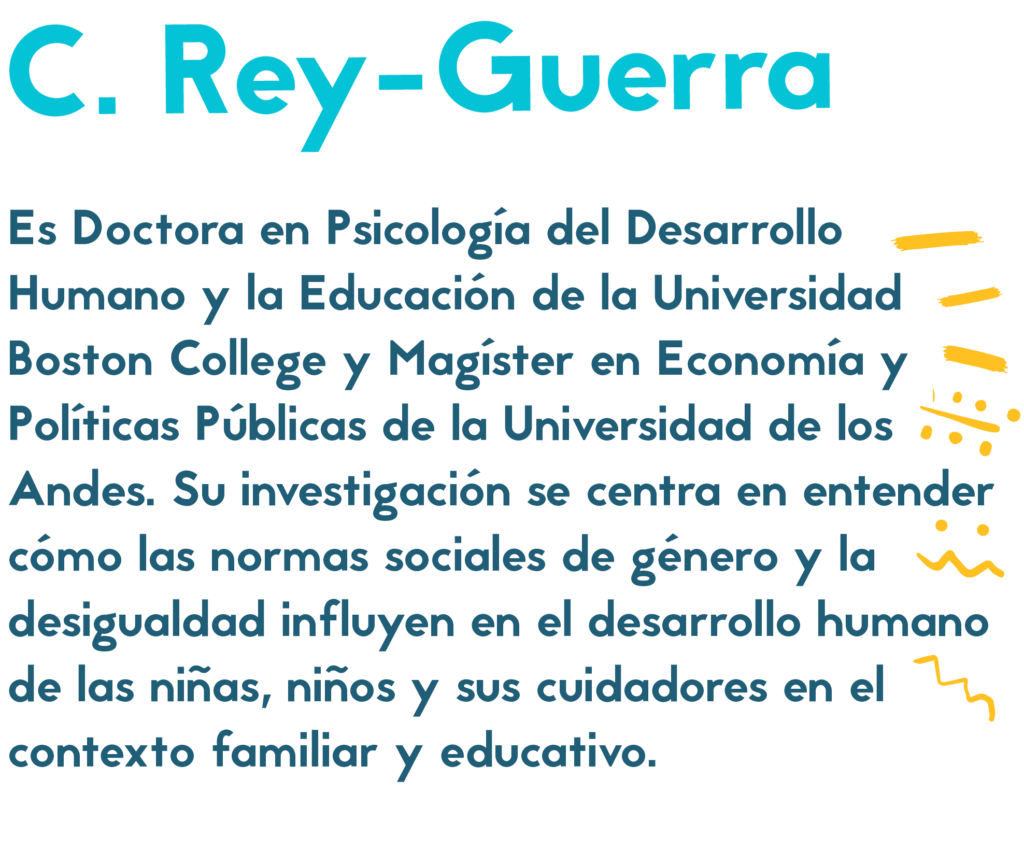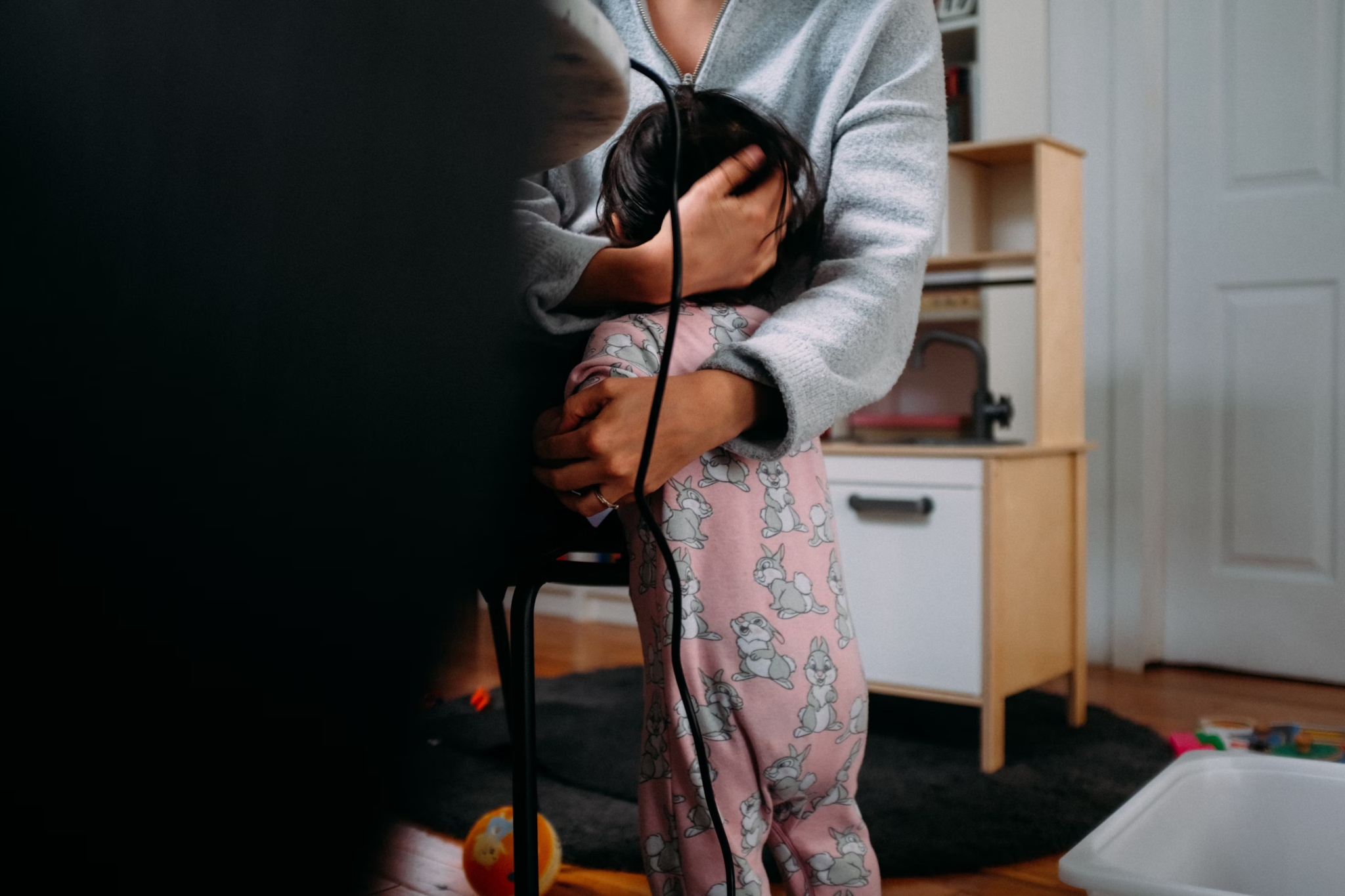
How to prevent physical punishment that harms children
Check out our latest publication By: Jorge Cuartas and Elizabeth T. Gershoff This article brings together the latest evidence on physical punishment and its impact on children. The findings are clear: it doesn’t offer any benefits or improvements in children’s behavior. On the contrary, it increases aggression, harms mental health, and can even affect brain development. The authors highlight two key priorities to help end physical punishment worldwide: Protective legal frameworks: Strong laws are needed to prohibit physical punishment, not to punish parents, but to send a clear message to society, delegitimize this practice, and help shift social norms. Parenting and family support programs: It’s crucial to accompany parents and caregivers in building skills to handle challenging behaviors, regulate their own emotions, and strengthen family relationships—reducing the likelihood of turning to physical punishment. Finally, the article stresses the importance of continuing to explore how these prevention strategies can be scaled in different contexts and countries. See the article Why read this article? Because it will help you understand—clearly and backed by evidence—the real effects of physical punishment on children and the key measures needed to prevent it.



